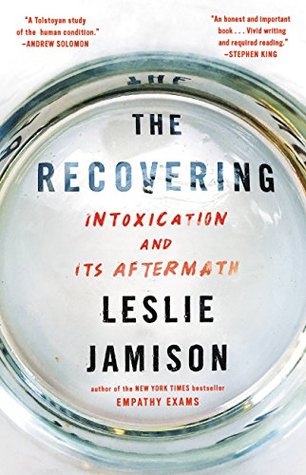More on this book
Community
Kindle Notes & Highlights
Read between
January 25 - February 9, 2019
pushing back against the toxic filters that turned addiction into romance,
these horrors weren’t the engine of creativity but its straitjacket.
Billie Holiday was an addict whose life staged the collision of two addict myths: the romantic notion of the tortured artist, and the morality tale of the deviant junkie.
The theorist Eve Kosofsky Sedgwick argues that addiction isn’t about the substance so much as “the surplus of mystical properties” the addict projects onto it. Granting the substance the ability to provide “consolation, repose, beauty, or energy,” she writes, can “operate only corrosively on the self thus self-construed as lack.” The more you start to need a thing, whether it’s a man or a bottle of wine, the more you are unwittingly—reflexively, implicitly—convincing yourself you’re not enough without it.
Patricia liked this
There is no simple key to turn the lock of why.
systemic: I was born into late capitalism, an economic system that sold me on the notion that I was insufficient so it could sell me on the notion that consumption was the answer to my insufficiency. It’s true that people loved getting fucked up long before capitalism, but it’s also true that one of the core promises of capitalism—transformation through consumption—is another version of the promise addiction makes.
it was so eloquent in its delivery of a particular bodily guarantee: With this, you will feel like enough.
“Drunkenness doesn’t create anything.…
When does ordinary craving become pathology? Now I think: When it becomes tyrannical
enough to summon shame. When it stops constituting the self, and begins to construe it as lack. When you want to stop, and can’t; and try again, and can’t; and try again, and can’t. “It is not till many fixes pass that your desire is need,” George Cain wrote.
“It pleases me, loving rivers… Loving them all the way back / To their source. / Loving everything that increases me.”
Carver’s sobriety isn’t ascetic, it’s just trying to imagine desire in new terms: a yacht of bounty, biscuits with jam and bacon. His speakers acknowledge temptation without lapsing into bitterness. One dreams about raising a bottle of whiskey to his lips, but then wakes up the next morning to see an old man shoveling snow, a reminder of daily persistence:
addiction is defined by its persistence in the face of negative consequences,


